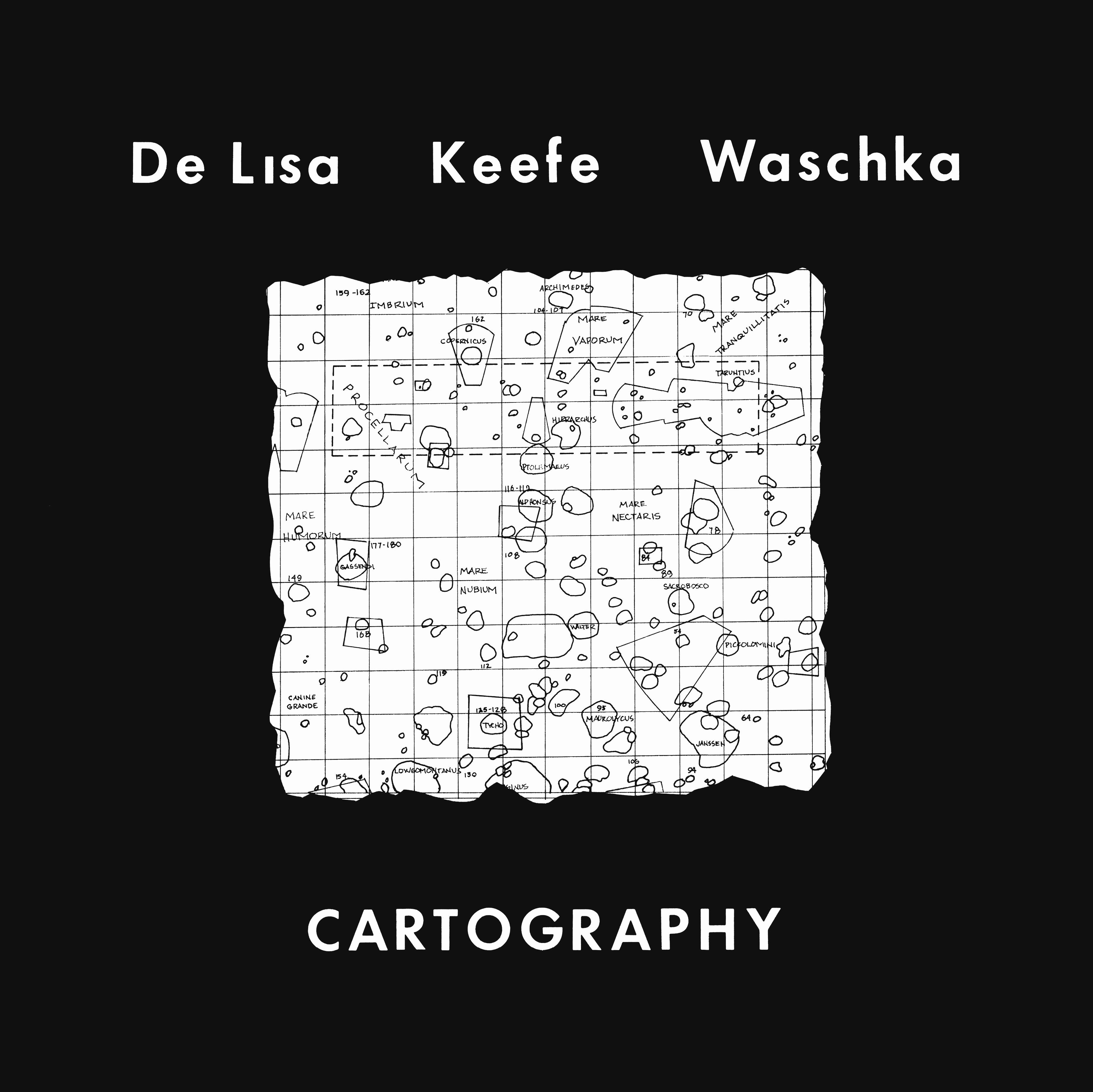
Gene De Lisa, Robert Michael Keefe, Rodney Waschka II: Cartography
Starts shipping out the week of August 28.
Irida Associates U.S.A., an obscure and short-lived record label formed by composer-performer Jerry Hunt (1943–1993), offers a glimpse into the revelatory world of new music and composition in the artist’s native Third Coast. Based first in Dallas and later in Hunt’s home outside the rural town of Canton, Texas, Irida presented the innovative and daring experiments—into aleatoric methods, environmental acoustics, improvisation, homemade technologies, and more—pursued by Hunt and his select collaborators, primarily working in or near Texas between 1979 and 1986. Irida’s brief and compact output—seven non-sequentially numbered LPs released in unknown quantities—shared work by artists whose practices often challenged the limitations of vinyl recording.
Originally reissued by Blank Forms as a set of seven LPs plus an eighty-two-page booklet, these seven LPs are now available individually.
“Mapping” here refers to the interest of composer Larry Austin (1930–2018) in the adaptation of external structures (such as mathematical figures or shapes observed in nature) for the purpose of generating compositional material. This concern was shared by his PhD composition students at the university of North Texas, three of whom—Rodney Washka II, Gene De Lisa, and Robert Michael Keefe— are represented on Cartography. Each experimented with the possibilities of the Synclavier digital music system at the university’s Center for Experimental Music and Intermedia, where Hunt was devising his own work, “Fluud,” on the synthesizer at the same moment. Throughout the ’80s, Austin developed a particularly strong interest in fractal geometry and the work of French mathematician Benoit Mandelbrot, an excitement that is reflected in the naming of De Lisa’s “Missa Fractalis” and Keefe’s “Fractalis Balinesus.” De Lisa adapted his piece from data collected by parsing Latin text, while Keefe, a jazz guitarist, structured his work around the Pythagorean monochord. Waschka’s “Euwe Suite” translates a number of chess games by the Dutch player Max Euwe into five uncanny short-form compositions, where each square on the board is assigned a different pitch and is sounded at a distinct timbre depending on the piece that lands on it. His “Runes,” accompanied in performance by 35-mm slides, was adapted from the ancient symbols of its namesake. The three composers, occasionally joined by fellow student Gary Cattley, performed these and other works throughout Texas in 1986 and 1987, including during a short tour in summer 1986 billed as the “New Cartographers.”